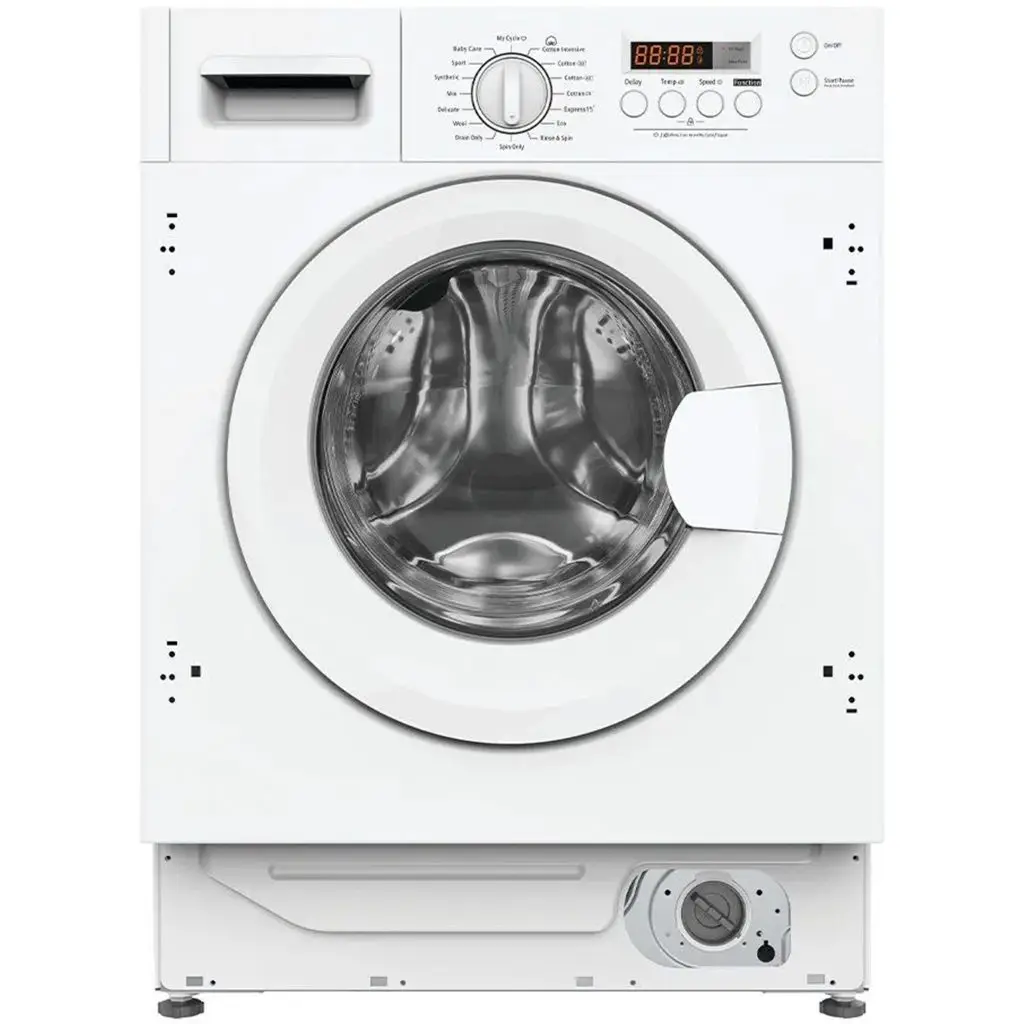
How to Cut Energy Use with Your Washing Machine: 10 Practical Tips
With energy prices showing no signs of dropping, many UK households are on the lookout for ways to save money. One often-overlooked culprit? Your washing machine. It’s an essential part of daily life, but it can quietly rack up energy costs—especially if you’re not using it efficiently.
The good news is that with just a few simple changes, you can reduce your electricity usage without sacrificing clean clothes. In this guide, we’ll explore 10 practical ways to cut energy use with your washing machine, helping both the planet and your wallet.
Why Your Washing Machine Affects Your Energy Bill
Your washing machine’s energy consumption mainly comes from heating water and spinning clothes dry. A standard model uses roughly 0.7 kWh per load, which adds up quickly if you’re running several loads a week.
The more energy you use, the higher your electricity bill—so finding small ways to make each wash more efficient can lead to meaningful savings over the course of a year.
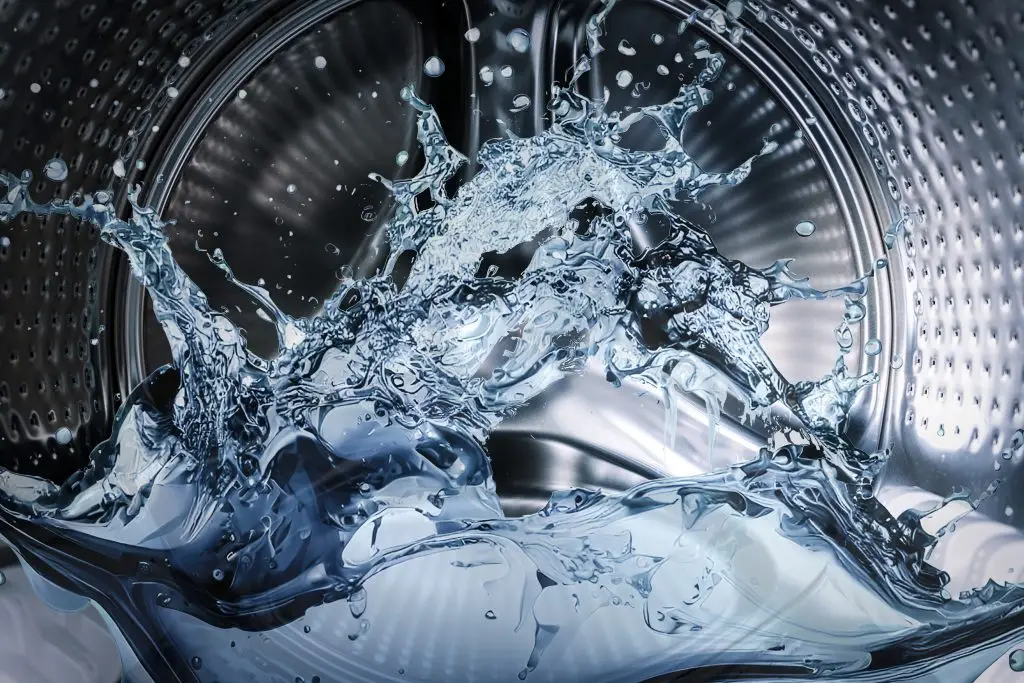
10 Practical Tips to Reduce Energy Use
-
Wash at 30°C Whenever Possible
Most everyday laundry doesn’t need hot water. Washing at 30°C instead of 60°C can cut energy use in half. -
Use Full Loads, Not Half
It takes almost the same amount of energy to wash a half-load. Wait for a full drum to maximise efficiency. -
Choose the Eco Wash Setting
Eco mode runs longer, but uses cooler water and less of it — meaning lower energy costs. -
Air Dry When You Can
Tumble dryers use a lot of energy. Line-dry outdoors or use an indoor rack whenever possible. -
Use a High Spin Speed
A faster spin removes more water and shortens drying time — saving energy. -
Wash Less Frequently
Avoid running small loads. Combine items where suitable and only wash when needed. -
Keep the Filter Clean
A clogged filter makes the machine work harder. Clean it regularly to stay energy efficient. -
Use Cold Wash Detergents
These are made to work at low temperatures — ideal for reducing energy use. -
Wash During Off-Peak Hours
If you’re on a tariff such as Economy 7, running cycles overnight can cut costs. -
Upgrade to an Energy-Efficient Model
Older machines use more energy. Choose a modern A-rated model with an efficient motor.
How Much Can You Actually Save?
| Usage Scenario | Cost Per Year (est.) |
|---|---|
| Standard habits | £70 |
| Using energy-saving tips | £45 |
| Estimated savings | £25/year |
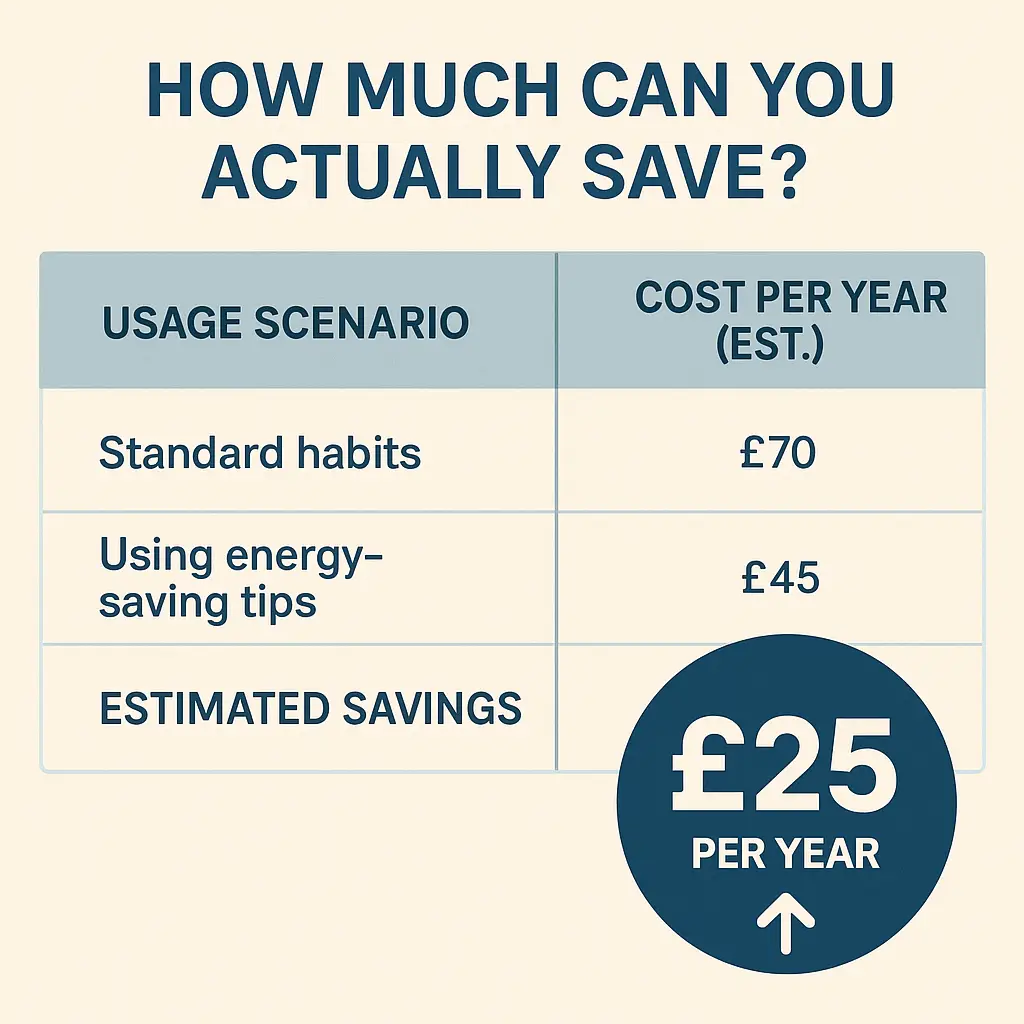
Other Things That Affect Washing Machine Efficiency
-
Age of the appliance
Older washing machines generally run less efficiently and use more energy. -
Limescale build-up
Common in hard water areas and reduces heating efficiency over time. -
Detergent type and dosage
Using too much detergent can trigger extra rinsing — increasing water and energy use. -
Water hardness
Harder water affects how well detergents work and can shorten the machine’s lifespan.
When Is It Time to Upgrade Your Washing Machine?
If your washer is:
- Over 10–12 years old
- Regularly breaking down
- Lacking an energy efficiency rating (or rated D or lower)
…it may be time to switch to a modern, energy-efficient washing machine. Look for labels under the new EU energy rating scale (A to G) and features like eco settings, smart sensors, and inverter motors.
Frequently Asked Questions
- All Posts
- Cooker Hood Guides & Advice
- Dishwasher Guides & Advice
- General Appliance Guides & Advice
- Hob Guides & Advice
- Laundry Guides & Advice
- Microwave Guides & Advice
- Oven Guides & Advice
- Wine Cooler Guides & Advice

Learn how to preheat an oven properly, when it really matters, and when you can skip it. Get better cooking...
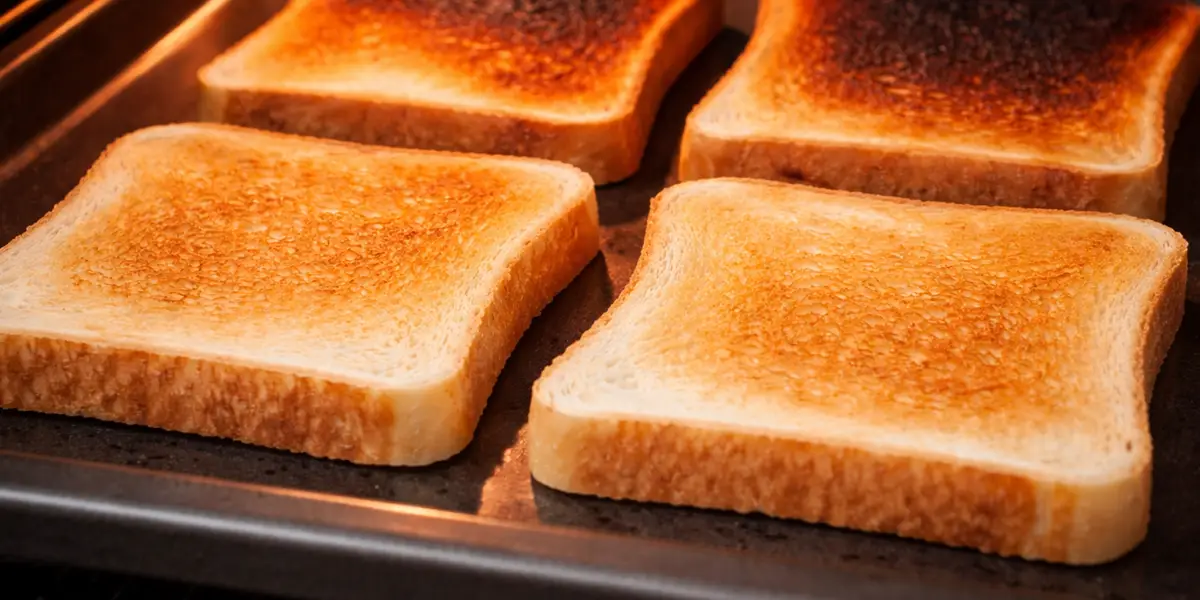
Uneven oven cooking ruining meals? Discover the most common causes, simple fixes, and when it’s time to repair or replace...
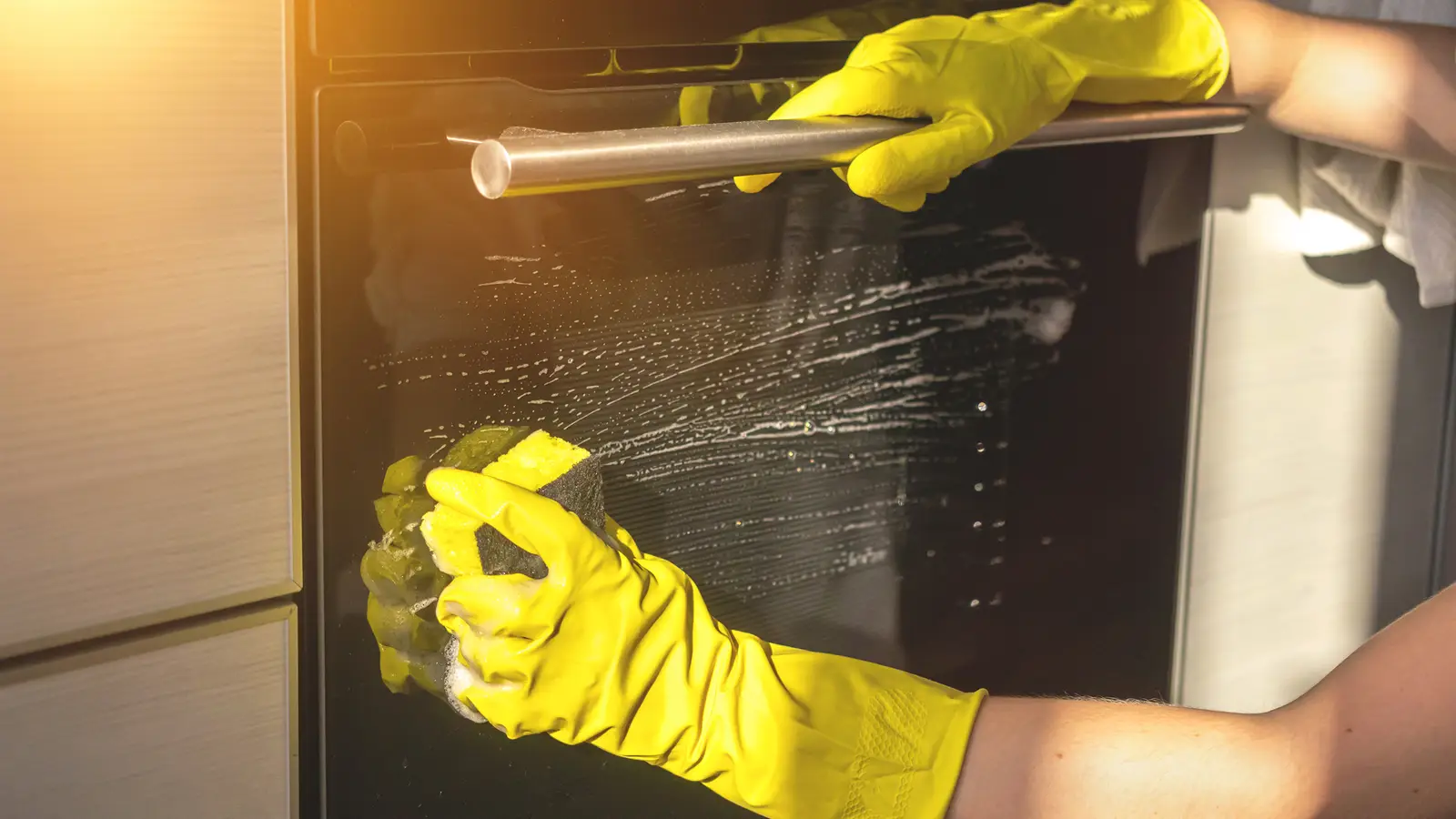
Learn how to clean glass oven door windows safely and effectively, inside and out. Follow our simple steps for clear,...
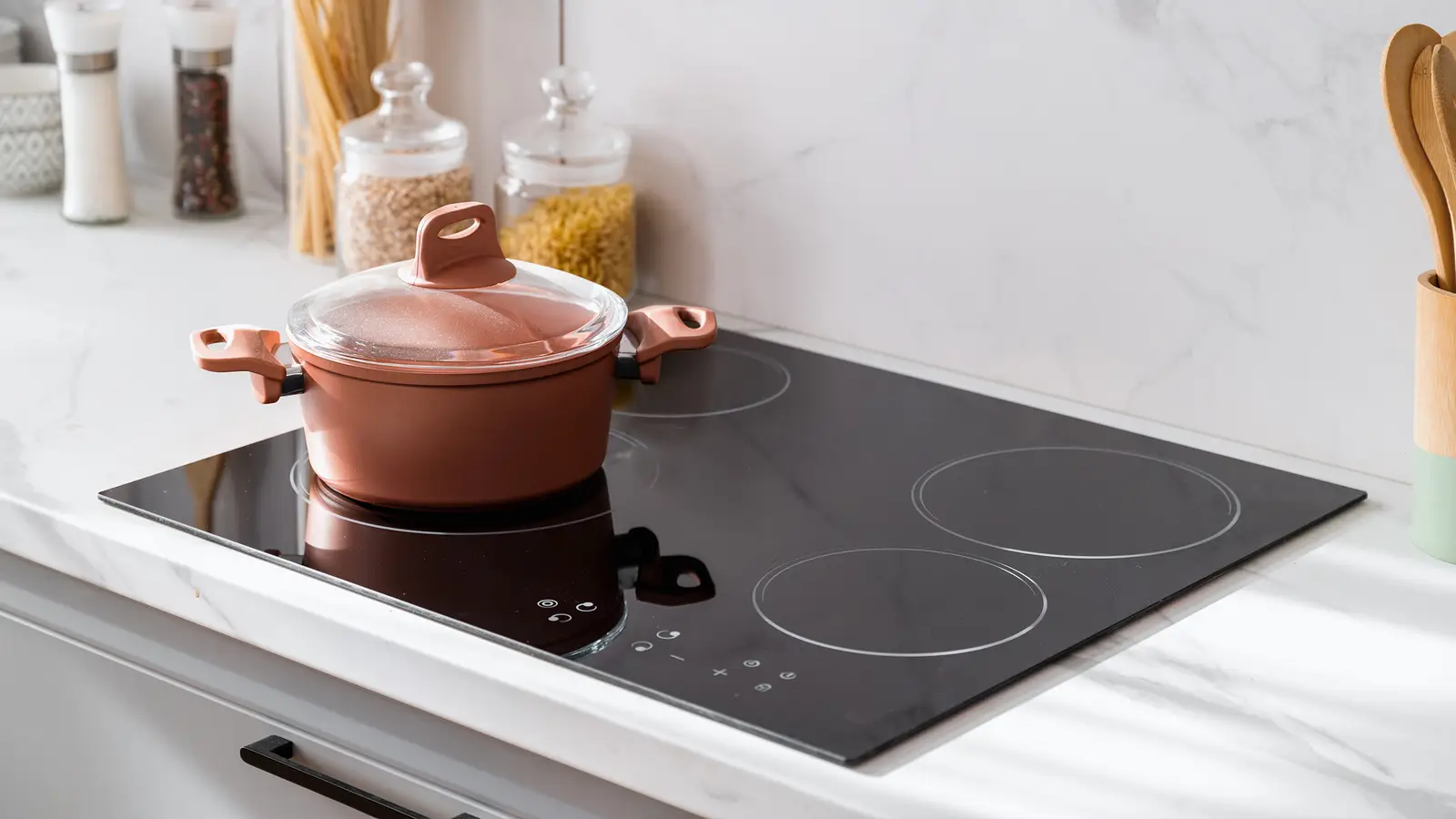
Can a ceramic hob be plugged into a normal socket? Learn the safety rules, power limits and installation advice before...
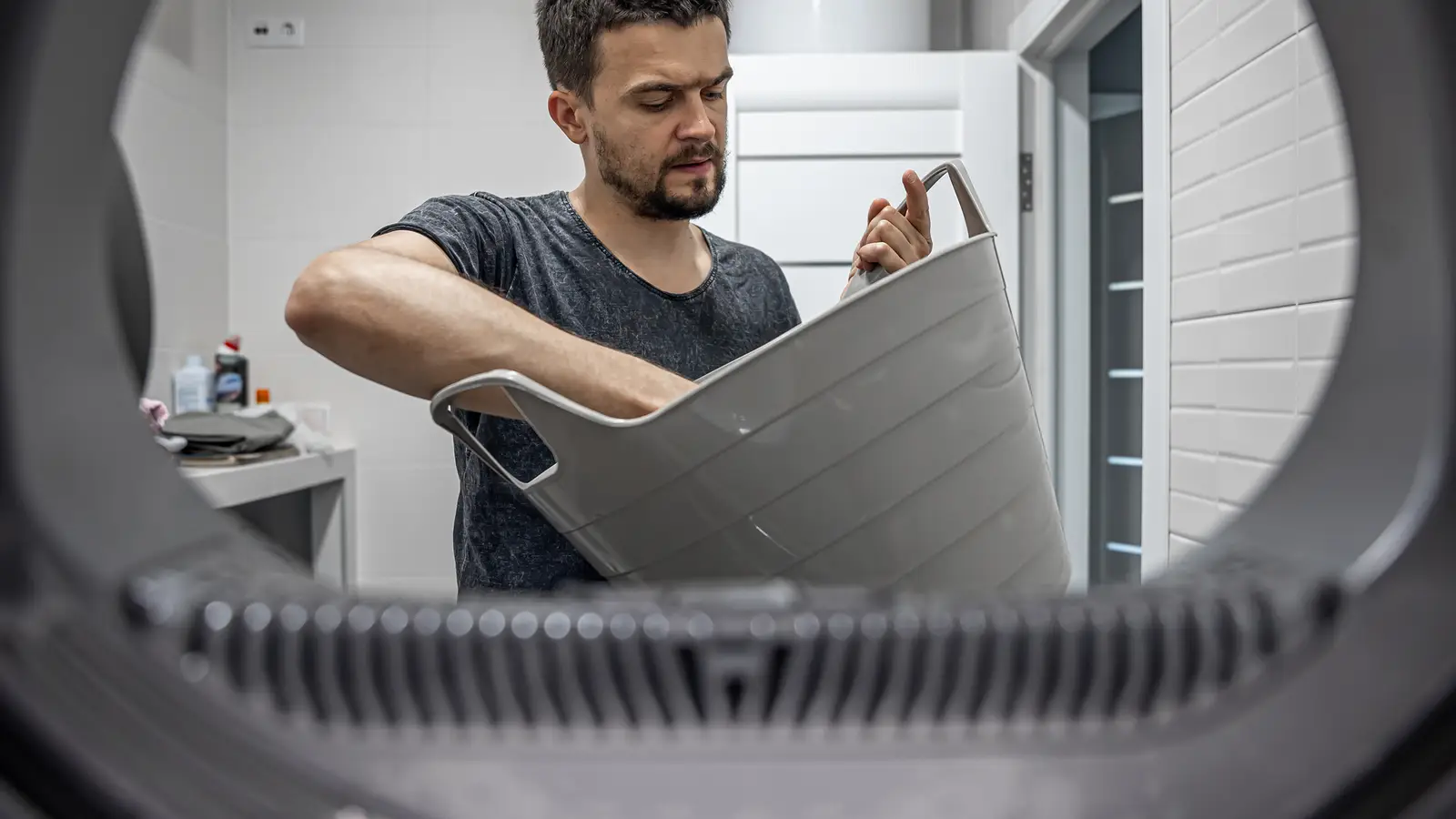
Discover how integrated washer-dryers really perform, including space, venting and drying realities. Learn what to expect before buying. Read now.

Learn what freezer burn is, how to prevent it, and keep your food fresher for longer. Follow these simple tips...
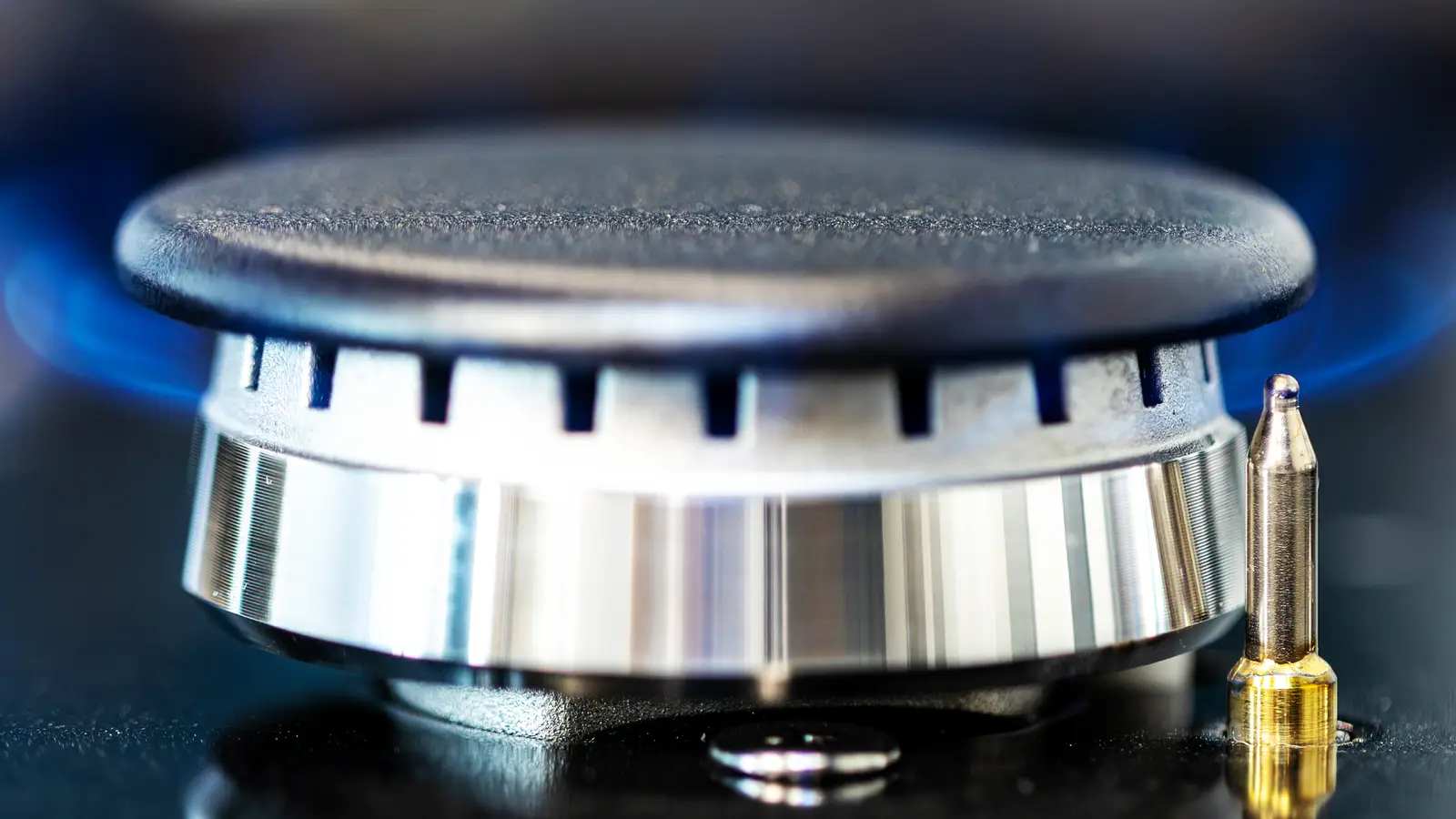
Find out if you can plug a gas hob ignition into a normal socket, plus safety rules and installer guidance....
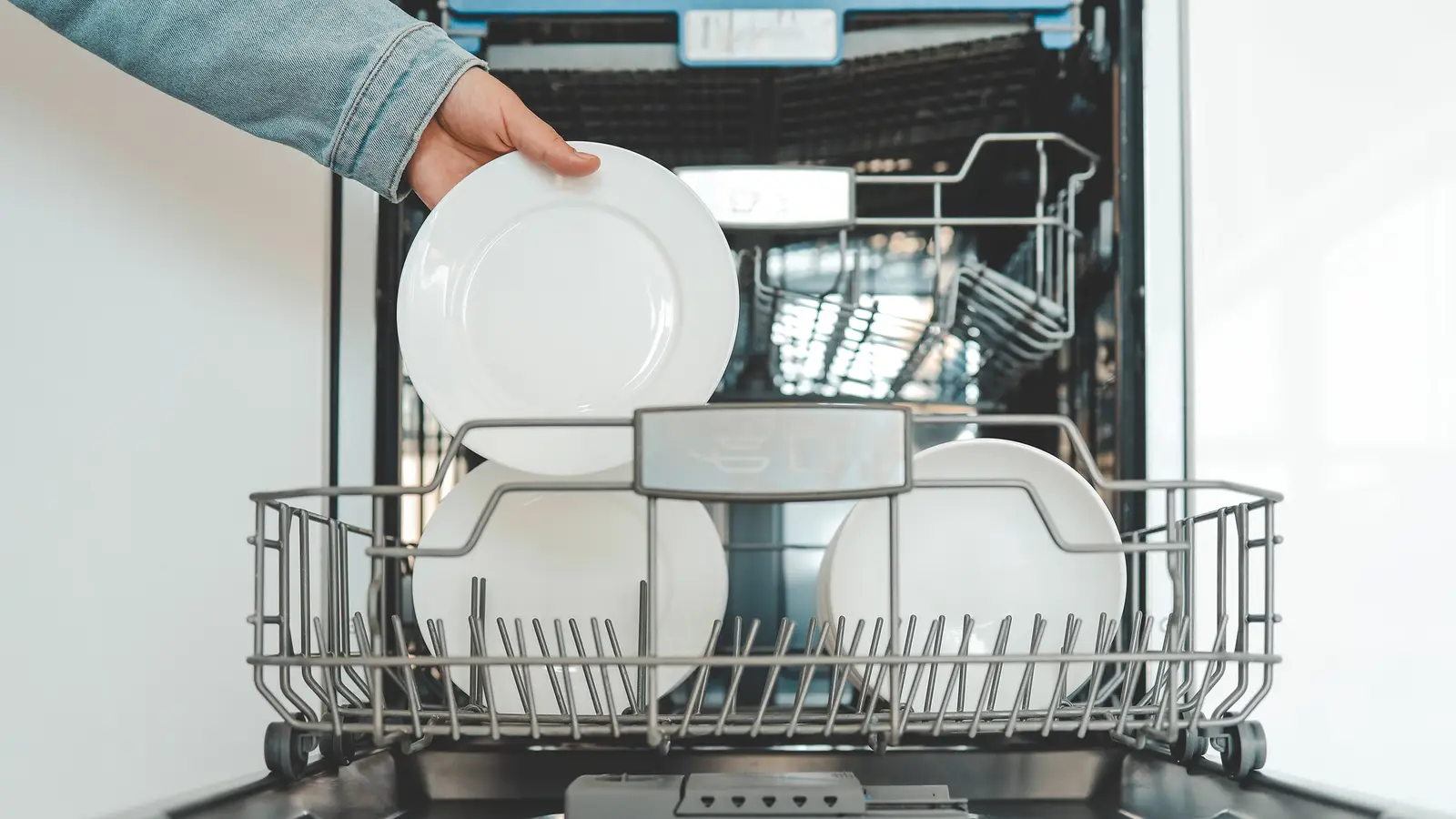
Learn what dishwasher salt and rinse aid do, why they matter, and when to refill them for the best cleaning...
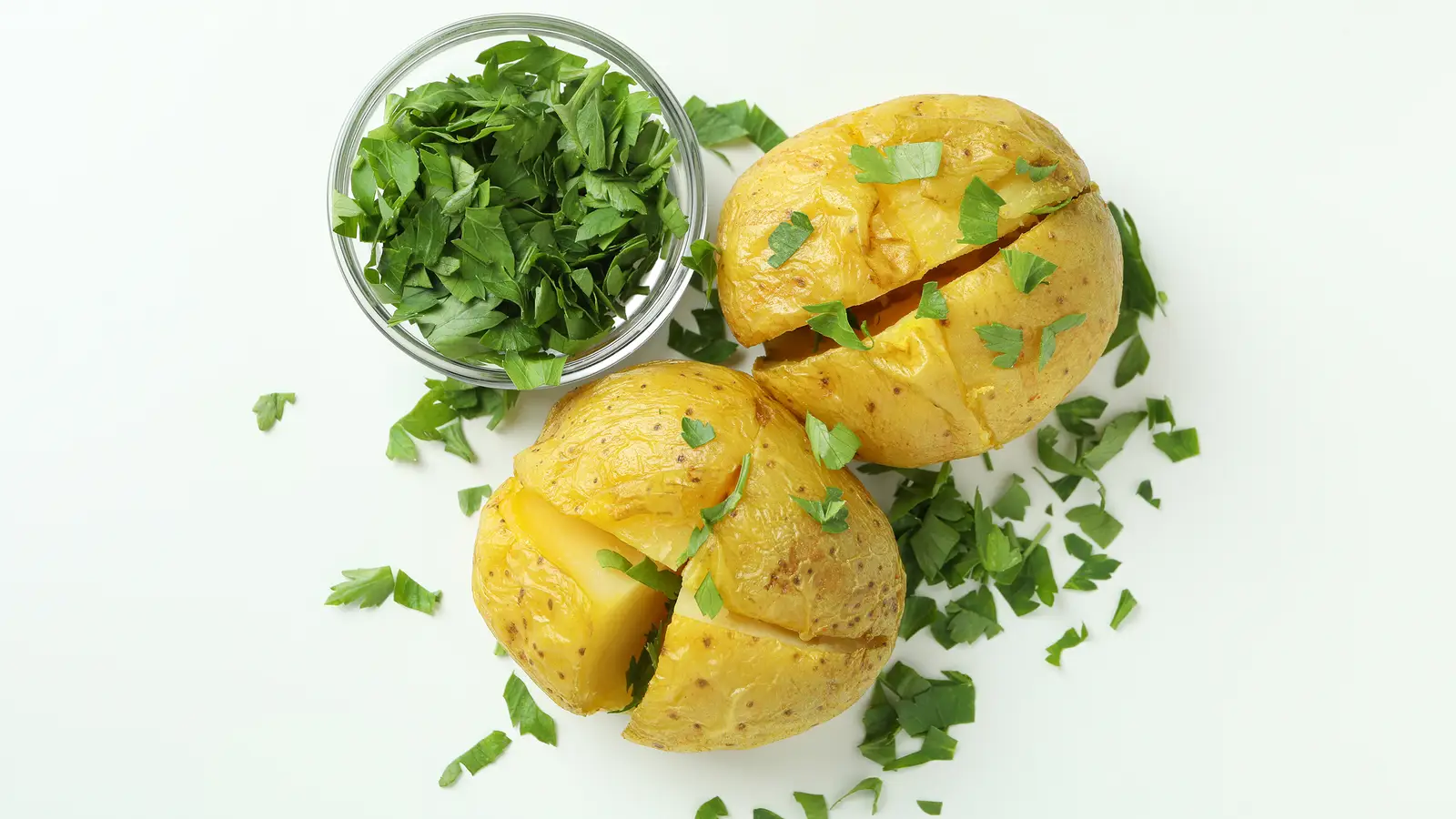
Learn how to cook the perfect jacket potato with crispy skin and a fluffy centre. Quick, simple steps for oven...
